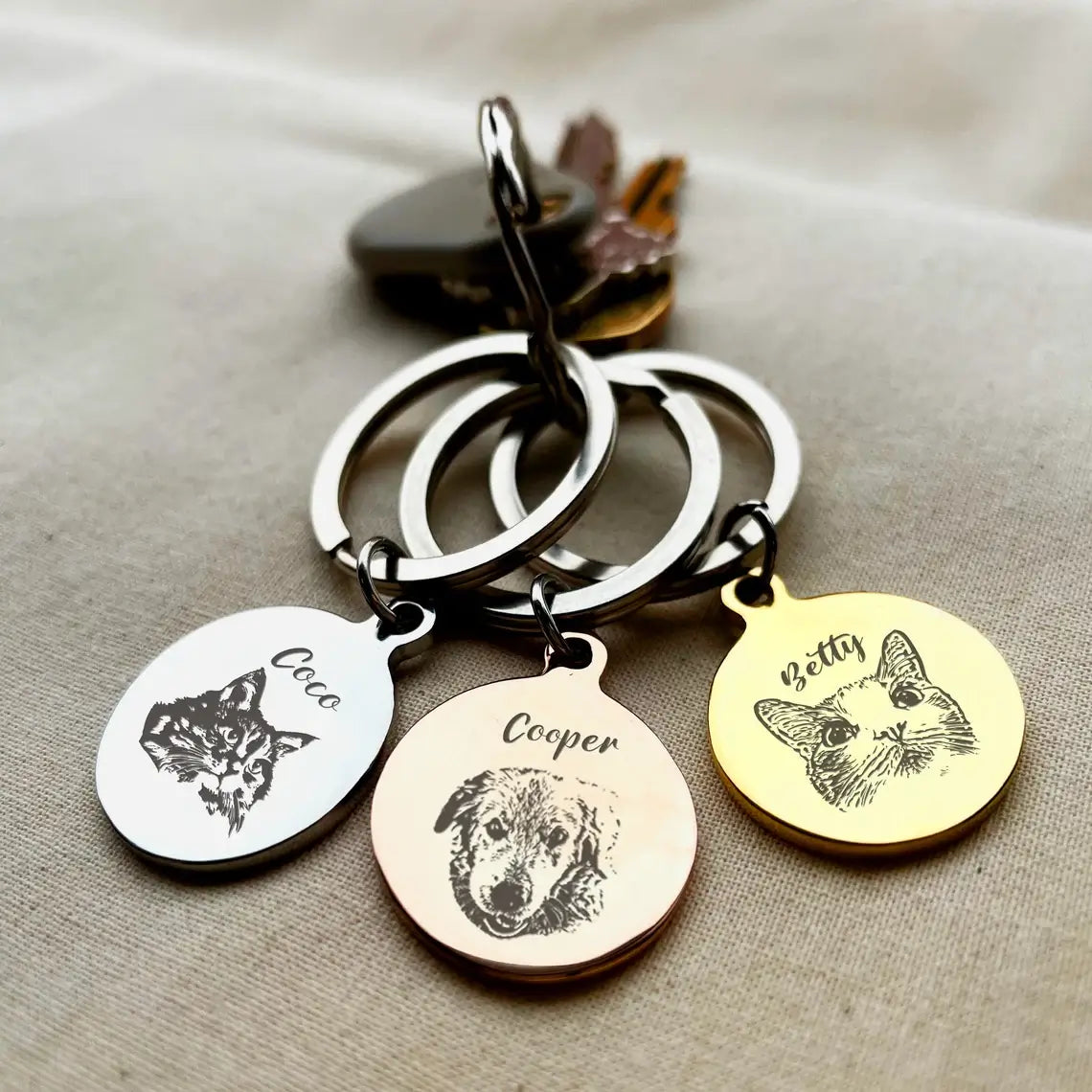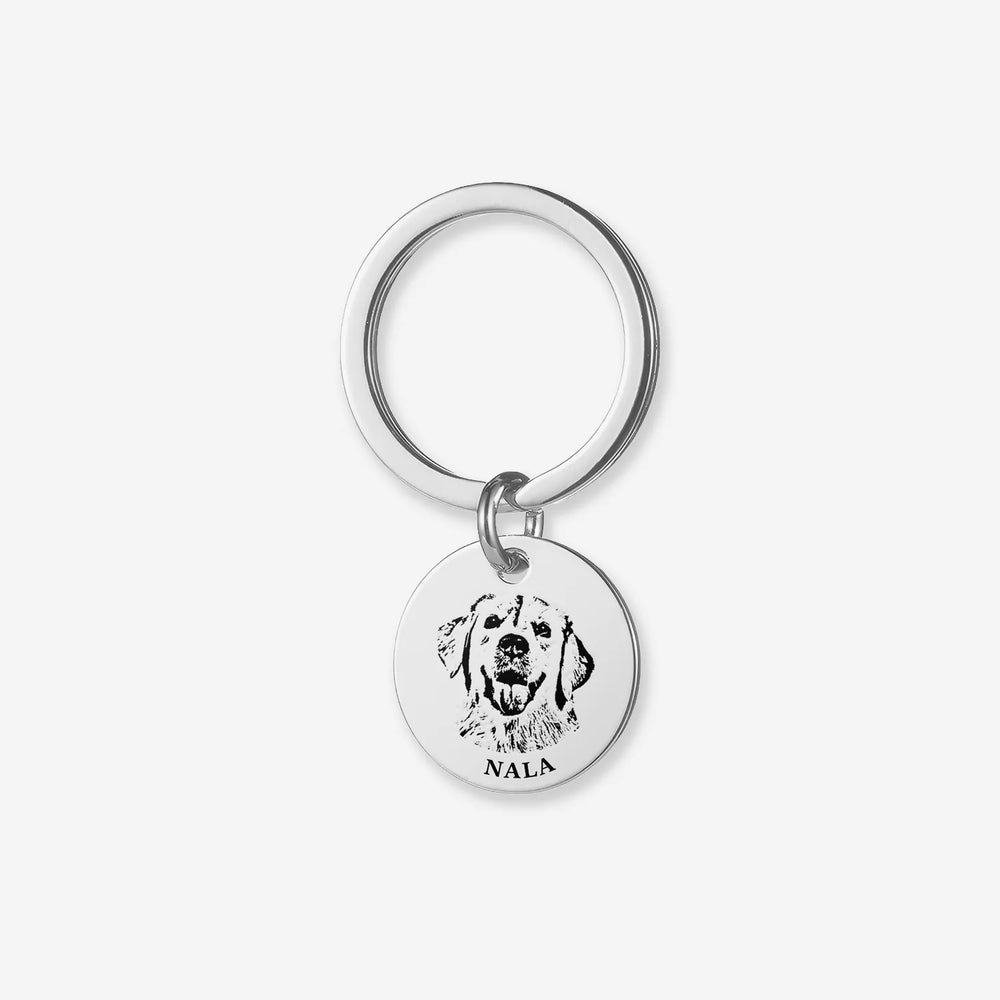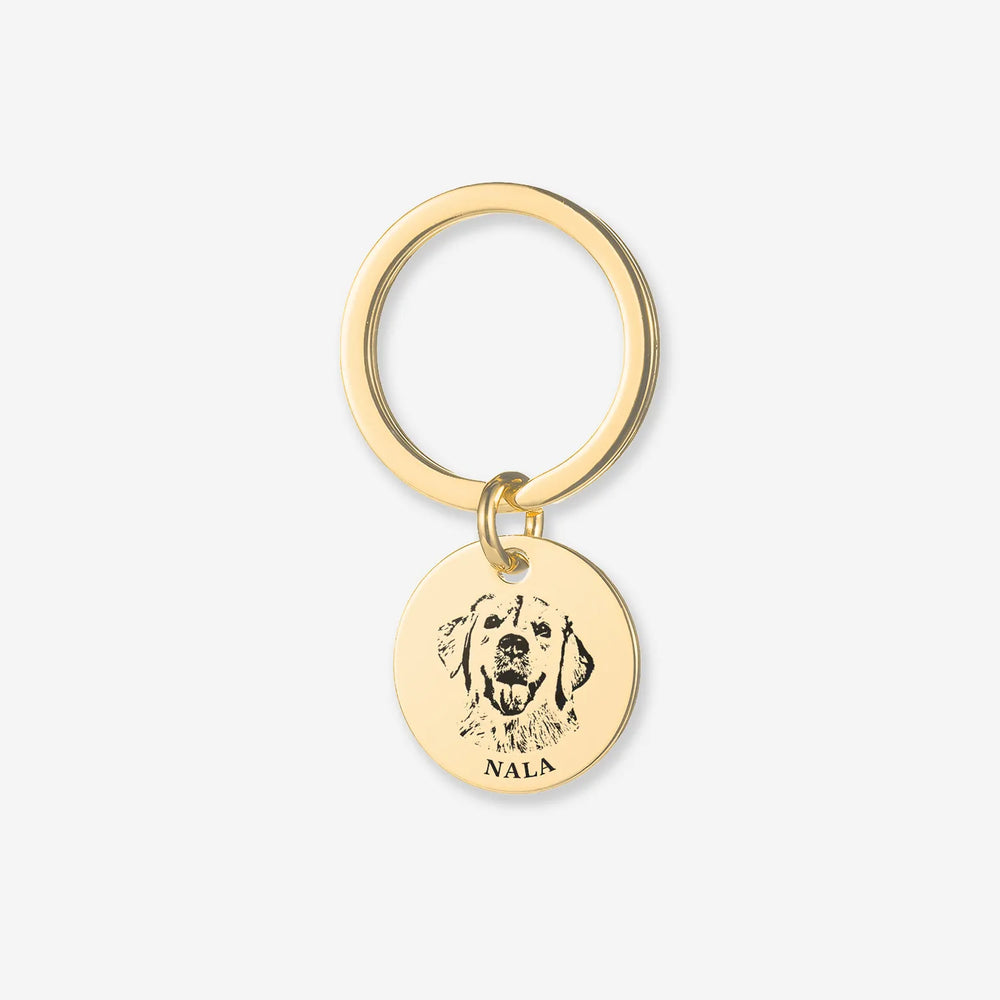Buy One, Get One FREE
Should You Lock Your Dog in the Bathroom? Real Feedback from Tim Walz's Case

This question has sparked much debate, particularly after the case involving Tim Walz. Reports revealed that his dog had been locked in a bathroom for an extended period, causing public outcry. If you are considering this practice, our advice is clear: do not do it.
While some may think that locking their dog in the bathroom is a simple solution to prevent damage or messes during work hours, this action can cause severe harm to your pet. Locking a dog in the bathroom, for whatever reason, is not a healthy approach for your dog’s well-being. Let’s explore why this is not a good practice and dispel the misconceptions.
Review of Tim Walz's Case

Tim Walz, a well-known figure, faced criticism after it was revealed that his dog had been locked in a bathroom for an extended period. While the details remain unclear, the incident ignited a broader discussion among pet owners and animal experts about whether this practice is humane. This case has highlighted a critical issue: how to handle pets when owners feel compelled to confine them.
Common Reasons People Lock Their Dogs in the Bathroom
There are several reasons why some people may resort to locking their dogs in the bathroom:
-
Safety Concerns: Some believe that confining their dog to the bathroom can protect it from harm, especially during house parties, construction, or emergency situations. They see the bathroom as a quiet, enclosed space that can reduce anxiety or prevent injury.
-
Managing Behavior: Others use the bathroom as a "time-out" area for dogs exhibiting undesirable behaviors, such as excessive barking, chewing, or aggression. The intention is to give the dog a break from stimulation.
-
House Training: For young puppies or newly adopted dogs, locking them in the bathroom may seem like a practical way to control messes or prevent destruction, given that bathrooms are easy to clean.
Why Locking Your Dog in the Bathroom Is Not Recommended

Although there are many reasons why we feel the need to lock dogs in the bathroom, we still firmly oppose it. Below we will talk about the reasons why this approach is not recommended.
First, locking a dog in a confined space like a bathroom is not humane. Even those with little experience with dogs can recognize that such confinement would cause distress. Imagine if you were locked in a small space for hours or days—your dog experiences the same anxiety and frustration. Dogs are energetic animals, and prolonged confinement can lead to significant mental distress. Over time, this could even result in lasting trauma. Just as humans would break down if locked in a small room, dogs are no different.
Second, if you lock your dog in the bathroom for an extended period, such as during the holidays, they will experience emotional distress. By the first day, your dog may start howling or barking loudly, which could irritate your neighbors. While neighbors might tolerate the noise for a short period, prolonged confinement will likely lead to complaints. You must consider how your actions impact those around you.
Lastly, pets are not just companions; they are part of your family. No responsible parent would leave their child locked in a bathroom for days. The same consideration should be extended to your dog. Moreover, leaving food and water in the bathroom for days increases the risk of spoilage, which could lead to health problems, possibly even fatal ones.
Potential Harm of Locking a Dog in the Bathroom

While there may be reasons for briefly locking a dog in the bathroom, doing so for long periods can have negative consequences:
-
Stress and Anxiety: Dogs are social animals. Isolating them in a bathroom can cause stress, anxiety, and depression. They might begin to associate the bathroom with punishment, negatively affecting their emotional health.
-
Lack of Stimulation: Bathrooms are small, unstimulating spaces. Dogs need physical activity, mental engagement, and room to move around. Without these, they can become restless or destructive due to boredom.
-
Risk of Injury: Bathrooms contain items like toiletries and cleaning supplies that can harm a dog if they start exploring out of restlessness.
Lessons from Tim Walz's Case
Tim Walz’s case offers crucial lessons for all pet owners. It underscores the importance of humane solutions for managing dogs when you can’t supervise them. Instead of locking your dog in the bathroom, consider these alternatives:
-
Create a Designated Safe Space: If you need to confine your dog, provide a dedicated area like a crate or playpen with comfortable bedding, toys, and water. This creates a safe, secure environment without isolation.
-
Use Positive Reinforcement: To manage undesirable behavior, use positive reinforcement rather than confinement. Reward good behavior and employ training techniques that teach your dog what actions are acceptable.
-
Hire a Pet Sitter: If you’ll be away for long periods, hire a pet sitter or dog walker to ensure your dog gets attention, exercise, and proper care.
-
Gradual Separation Training: For dogs with separation anxiety, gradually increase the time they spend alone in a positive environment with toys and treats to help them adjust without feeling abandoned.
Final Thoughts: Is Locking Your Dog in the Bathroom Ever Okay?

In rare, short-term situations, locking your dog in the bathroom might seem like a quick fix, but it should never become a regular habit. Bathrooms lack the stimulation and social interaction dogs need for their well-being. Instead, focusing on providing a positive, safe space and addressing behavioral issues through training will lead to a healthier and happier relationship with your pet.
The case of Tim Walz reminds us that locking a dog in the bathroom can cause significant harm and public concern. As responsible pet owners, it’s vital to consider humane alternatives that prioritize your dog’s mental and physical health.
By meeting your dog's needs and creating a stimulating, safe environment, you’ll avoid the negative impacts of confinement and strengthen your bond with your furry companion.



















